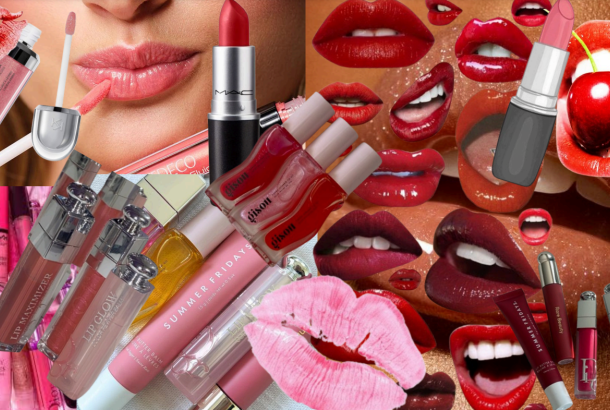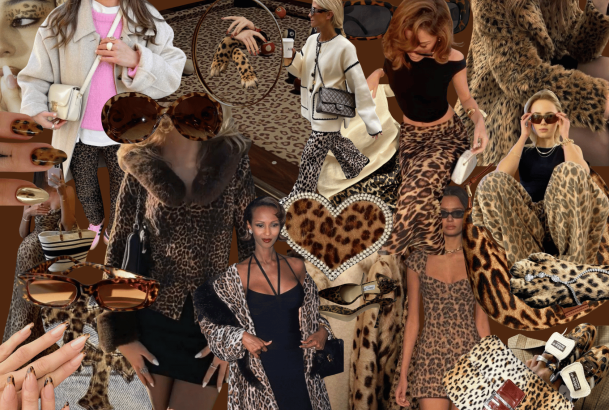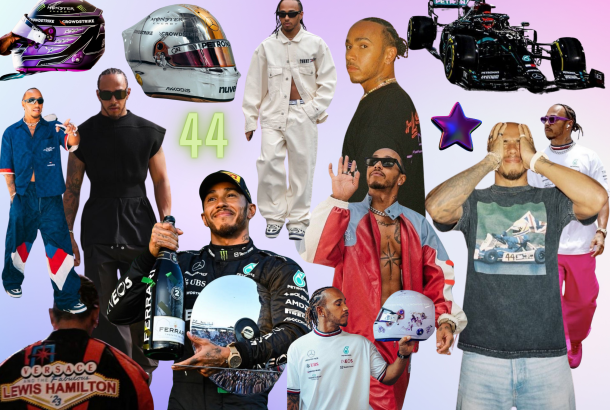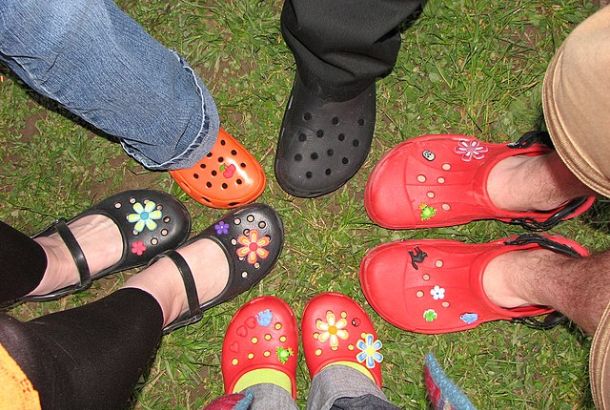Is our skincare harming us?
By Letycja Oczkowicz and Maia Penny

With the rise of back-to-basic skincare routines trending online, people are rejecting the elaborate multi-product skincare routines that have become the norm in favour of more simple habits. Internet creators have been pointing out the negative effects of over-complicated routines, and while it’s undoubtedly fun to watch ten-step skincare routines involving multiple cleansers, toners, and snail juices, is it actually beneficial for the skin?
Every day we are bombarded with new skincare products, trends, and treatments that will supposedly make our skin look smoother and glowier than ever before. Brands are coming up with new marketing techniques that take the internet by storm, like the TikTok viral Drunk Elephant products which are known for their colourful and twisty packaging. Consumers are manipulated into thinking that they need more and more products to secure the highly desired glowy look, or ‘glass skin’ that they constantly see on their screens, often not realising that they might be doing more harm than good to their skin.
Some dermatologists are now being vocal about the fact that using multiple products at once is not only ineffective, because the skin can’t absorb all of the substances at once, but it also irritates and disrupts the natural barrier of the skin. It’s also been proven that some popular products can’t be mixed together, like retinol with benzoyl peroxide, vitamin C, and AHA/BHA acids, because they simply cancel each other out. Some skincare fanatics on TikTok are also advocating for keeping skincare routines simple, avoiding over-exfoliation, over-cleansing, and overusing active ingredients to maintain the skin’s natural properties.
The rejection of complicated routines goes hand in hand with the ‘less is more’ mindset of ‘skinimalism’. Skinimalism is a trend currently gaining popularity on social media, and revolves around simplifying your skincare routine. Instead of using numerous products at once, the practice of skinimalism involves only using the bare essentials, and people turn to higher quality, multipurpose products which have high percentages of active ingredients and claim to address multiple concerns.
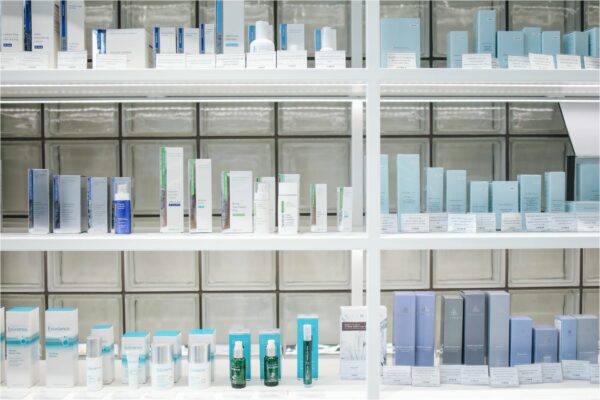
Following on from skinimalism, a trend called ‘skin fasting’ is currently gaining popularity. Dr Harshna Bijlani in a piece for Vogue mentions that “The practice of skin fasting involves cutting back or eliminating the use of certain skincare products—cleansers, toners, serums and exfoliants—for a designated period from a few days to a few weeks. During this time, a gentle cleanser and basic moisturiser is instead called upon to keep the routine minimal.”
Even though this practice seems beneficial, it can also potentially cause dehydration or dryness if you suddenly stop using moisturisers and serums, and might not be suitable for some skin conditions where treatment is required. Instead of jumping into deep water, dermatologists recommend starting to slowly reduce the number of skincare products you use to carefully observe how the skin reacts to changes.
Although skinimalism and skin fasting involve reducing the overload of products we subject our skin to, some online creators are calling for an all-out rejection of skincare bar the very basics. This isn’t skinimalism, which often entails using multipurpose products with active ingredients, and this isn’t skin fasting, with a view of going back to intense product layering after you’ve fasted. This is a complete rejection of the skincare cult.
It seems that the public is becoming fatigued with constant micro-trends, products, and advertisements, epitomised in TikTok creator Countblabla’s video, which has amassed over two million views. She vents her frustration about micro-influencer beauty trends, such as ‘The milk nails’, as she calls them, and says “They’re feeding you too much,” claiming that she “Actually stopped doing all my skincare about three months ago and my face has never looked so clear in my entire life.”
Although dermatologists probably wouldn’t recommend this approach, and people with skin conditions shouldn’t abandon their treatments, it demonstrates how tired people are becoming of constant marketing and aspirational internet trends. Such trends often require people to spend enormous amounts of money and time on their routines in pursuit of perfection.

Another perspective on the skincare debate was discussed in a recent ‘Subway Takes’ street interview on TikTok. The interviewer asked a passenger for her hot take, and she told him that she doesn’t “Fuck with skincare” because it’s “In bed with late capitalism.” As per her theory, we’re encouraged by the media to religiously use anti-ageing products and other substances to glorify our appearance and hide away the tiredness of everyday life. But if everyone is hiding behind perfectly smooth, baby-like skin, often achieved using skincare and treatments like Botox, how can we observe the “inhumane labour conditions” and influence of unstoppable capitalism on our exhausted bodies? In her view, skincare is keeping us from demanding change because we don’t recognise how much we’re struggling with modern working life.
Skincare has seen a huge rise in popularity in recent years, and the amount of skincare brands, products, and marketing has increased accordingly, but people are now pulling back from it for various reasons. This doesn’t mean to say your skincare routine has to go anywhere if it’s something you genuinely enjoy and you’ve checked out the product interactions to ensure your combos are still effective. However, it might be worth considering a ‘skin fast’ as recommended by dermatologists, or stopping to think “Do I really need this?” the next time you go to buy that expensive ‘must-have’ product.
You also might agree with creators who have had enough of skincare altogether, whether that be because of micro-trend and product-pushing fatigue or because you think the constant pursuit of perfection is harming our ability to recognise that we are overworked. Amongst so many opinions, it’s important to remember there is no one right answer. But if in doubt, it’s always best to do your research and refer to the opinions of the real experts: dermatologists.
